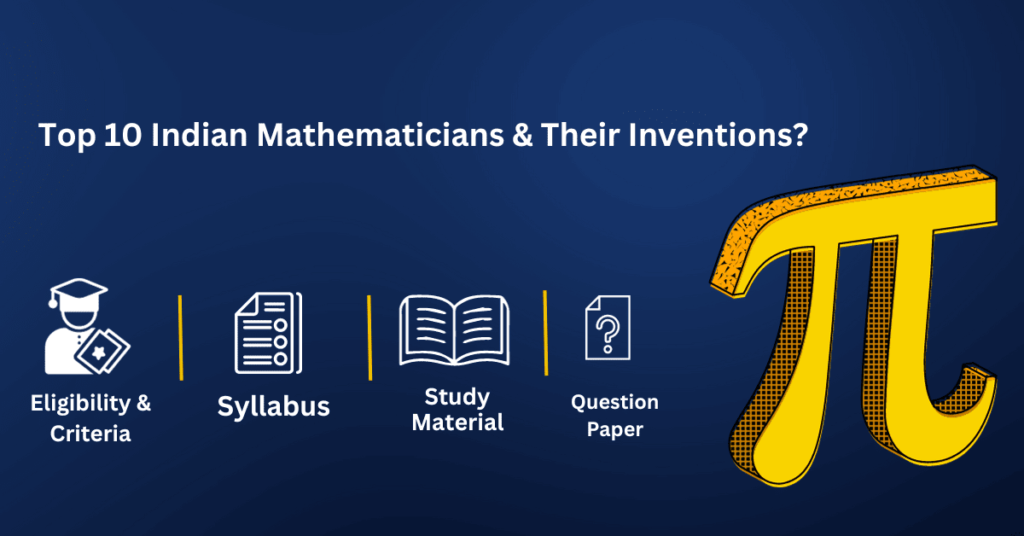Overview
Sky Tutorials is a renowned coaching institute in Varanasi that specializes in preparing students for competitive exams like NEET, IIT-JEE. Their expert faculty and comprehensive study material have helped students achieve their dreams of getting into top medical and engineering colleges.
If you are looking for the best NEET coaching in Varanasi, Sky Tutorials should be your top choice. Their NEET coaching program is designed to cover all aspects of the syllabus, provide regular tests and assessments, and ensure that students are well-prepared for the exam. The faculty at Sky Tutorials is experienced and dedicated to helping students achieve their goals.
In addition to NEET coaching, Sky Tutorials also offers JEE coaching, , and other programs to help students excel in their academic pursuits.
Sky Tutorials – Best NEET Coaching in Varanasi | JEE Coaching
Looking for the best NEET coaching in Varanasi? Look no further than Sky Tutorials. Our expert faculty, comprehensive study material, and regular tests and assessments ensure that our students are well-prepared for the exam. We also offer JEE coaching, Olympiad coaching, and other programs to help students excel in their academic pursuits.

Introduction:
Throughout history, Indian mathematicians have made a significant impact on the discipline. These extraordinary minds have created ground-breaking ideas and theorems that have shaped mathematics from antiquity to the present. This blog will examine the top ten Indian mathematicians as well as some of their most significant discoveries and innovations.
Aryabhata (476–550 CE):
Aryabhata is credited with inventing the decimal system and the notion of zero. He was an astronomer and mathematics professor in ancient India. Trigonometry and algebra were founded on the ideas presented in his book Aryabhatiyam.
Brahmagupta (598–668 CE):
Brahmagupta had a major impact on mathematics and algebra. He introduced negative numbers and established rules for arithmetic operations with zero. Later mathematicians were significantly impacted by his work on number systems and quadratic equations.
Bhaskar II (1114–1185 CE):
Bhaskara II, also known as Bhaskaracharya, made important contributions to number theory, algebra, and calculus. He developed indeterminate equation solutions and shared the idea of differential calculation.
Madhava of Sangamagrama (c. 1350-1425 CE):
Mathematics has benefited greatly from the contributions of Madhava of Sangamagrama (c. 1350–1425 CE), the founder of the Indian school of mathematics. For trigonometric functions like sine, cosine, and arctangent, he found infinite series expansions.
Nil kantha Soumyajit (1444-1544 CE):
Independent European mathematician Nilakantha Somayaji (1444–1544 CE), a prominent mathematician and astronomer, created the series expansion for trigonometric functions. His contributions to calculation established the foundation for its study in the 17th century.
Ramanujan, Srinivasan (1887–1920):
The “Mathematical Genius,” Ramanujan, made outstanding contributions to number theory, infinite series, and mathematical analysis. Many of the identities and formulas he found are still being researched by mathematicians today.
Harish Chandra (1923–1983):
Harish Chandra was a mathematician and physicist who pioneered many fields. He made substantial contributions to representation theory, particularly in the context of Lie groups. His contributions set the groundwork for the advancement of contemporary quantum mechanics.
C.R. Rao (1920-present):
A notable statistician who has made significant contributions to the fields of multivariate analysis and experimental design is C.R. Rao (1920–present). He made significant contributions to the development of statistics’ theory and practice by creating novel statistical procedures.
Manjula Bhargava (1974–present):
An outstanding mathematician, Manjul Bhargava is renowned for his work in number theory and quadratic forms. For his ground-breaking work on counting the number of integer representations by quadratic forms, he was awarded the Fields Medal in 2014.
S. R. Srinivasan Vardhan, born in 1940:
A renowned mathematician noted for his work in random events and probability theory is Srinivasa Varadhan. For his contributions to probability, particularly his work on large deviations theory, he was awarded the Abel Prize in 2007.
Conclusion:
In summary, Indian mathematicians’ efforts helped mold the discipline of mathematics into what it is today. These mathematicians, who range from early pioneers like Aryabhata and Brahmagupta to contemporary geniuses like Ramanujan and Bhargava, have permanently impacted the field of numbers and equations. Their discoveries and innovations have advanced our understanding of the universe and served as a source of inspiration and guidance for mathematicians around the world.

